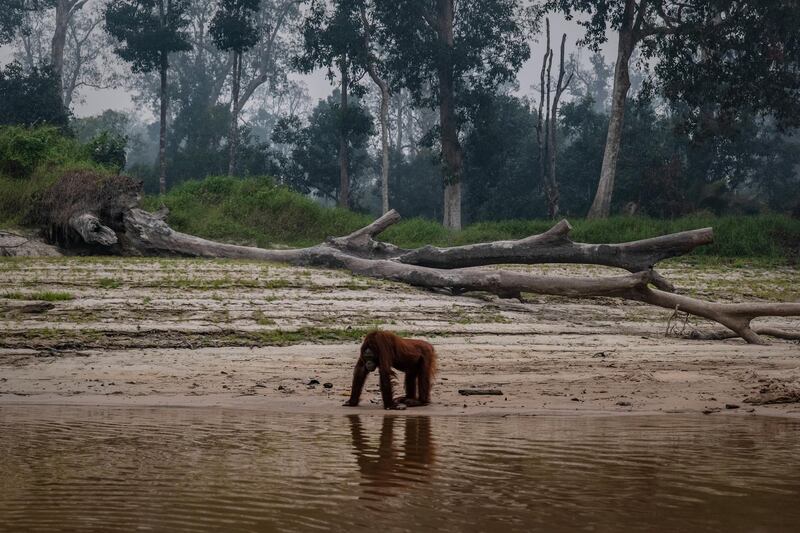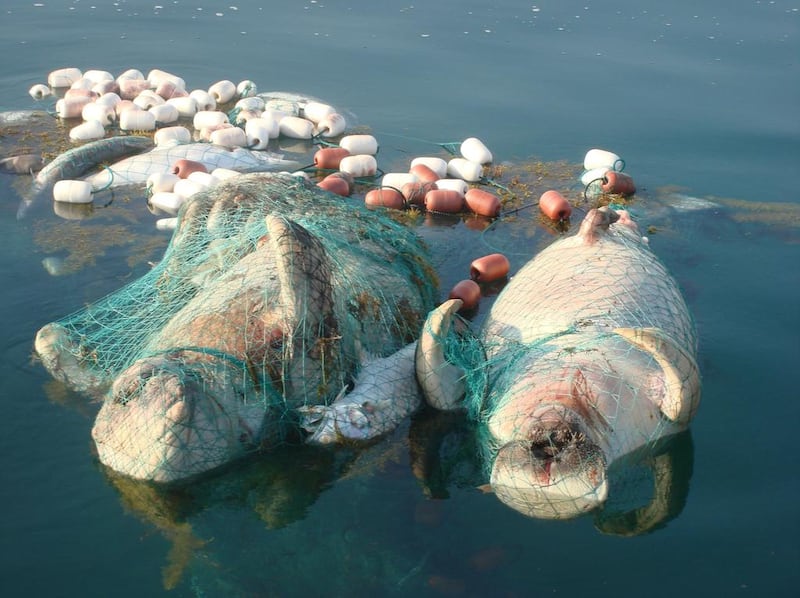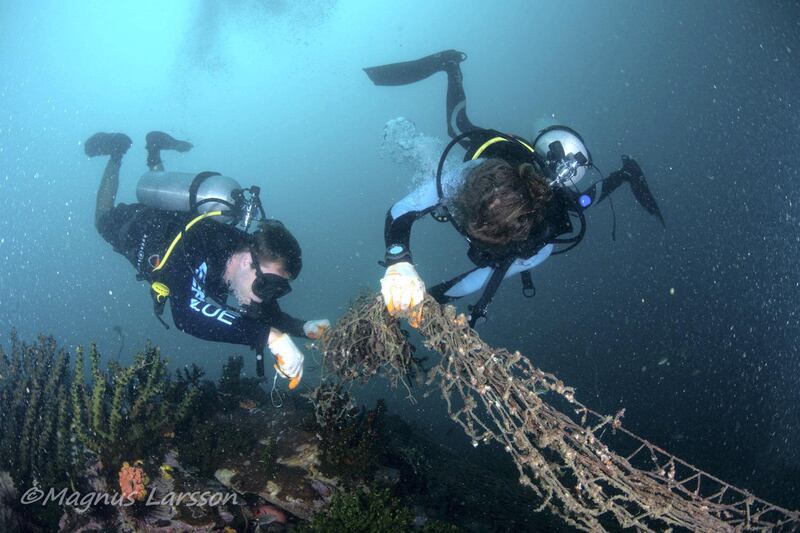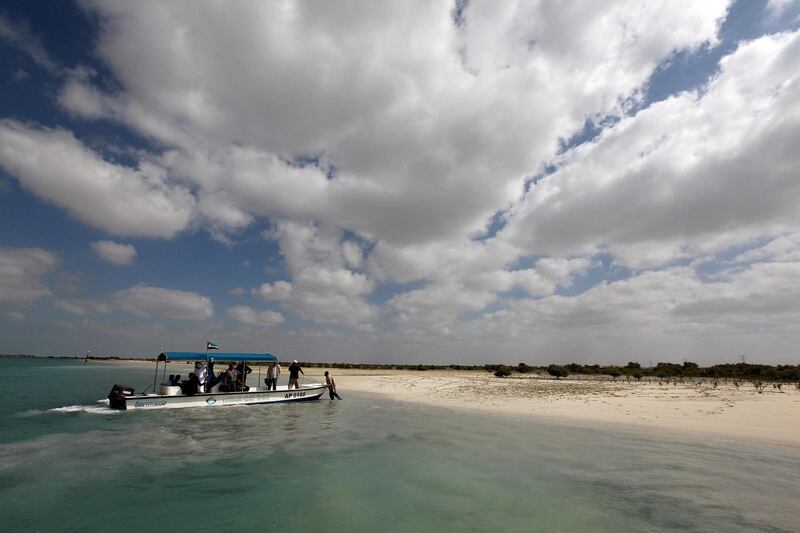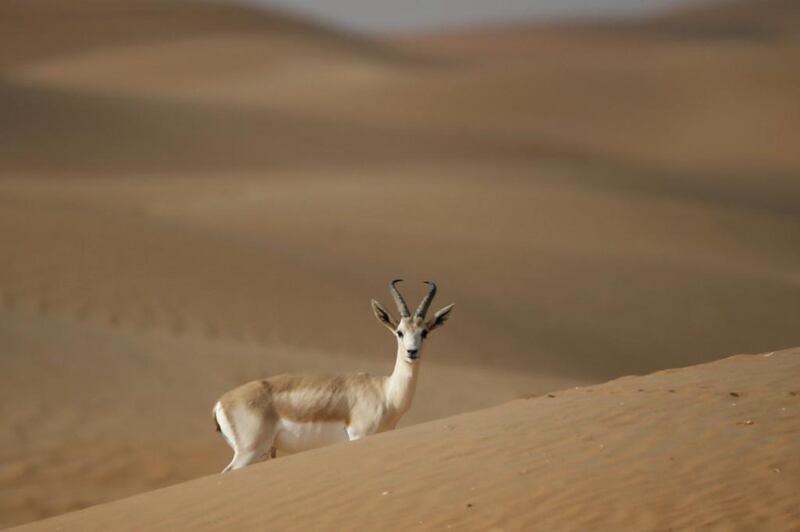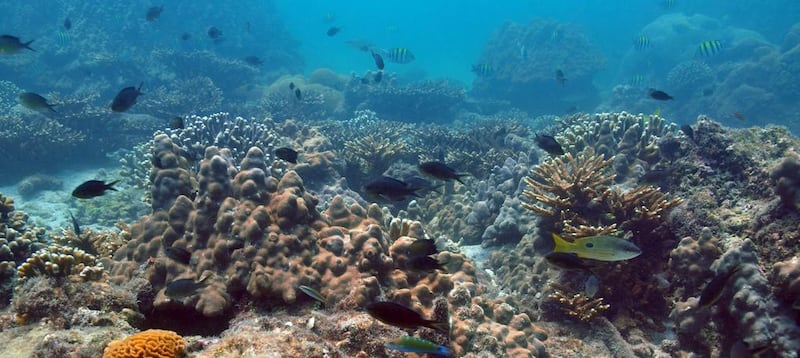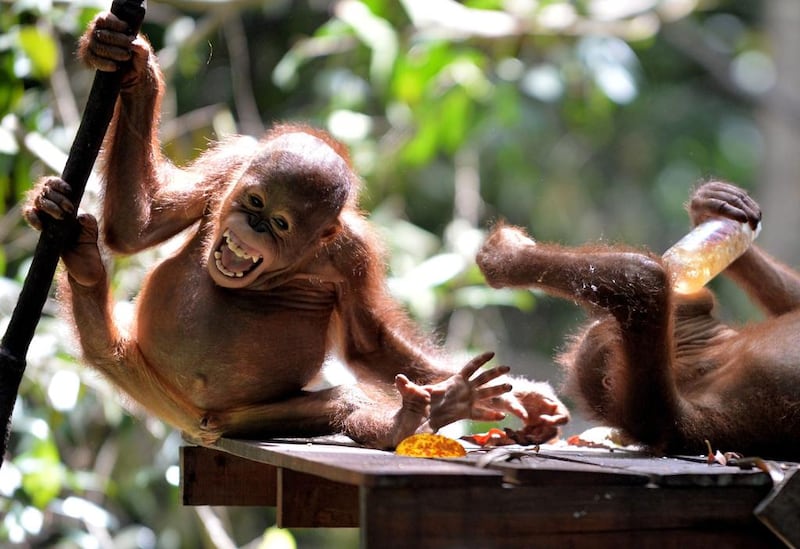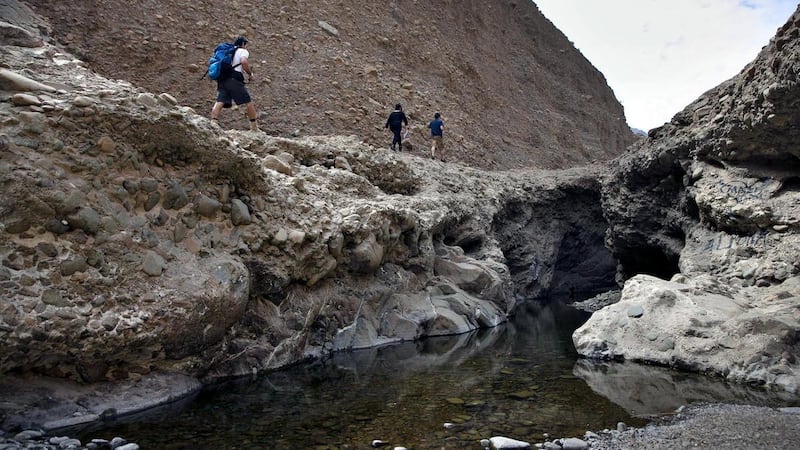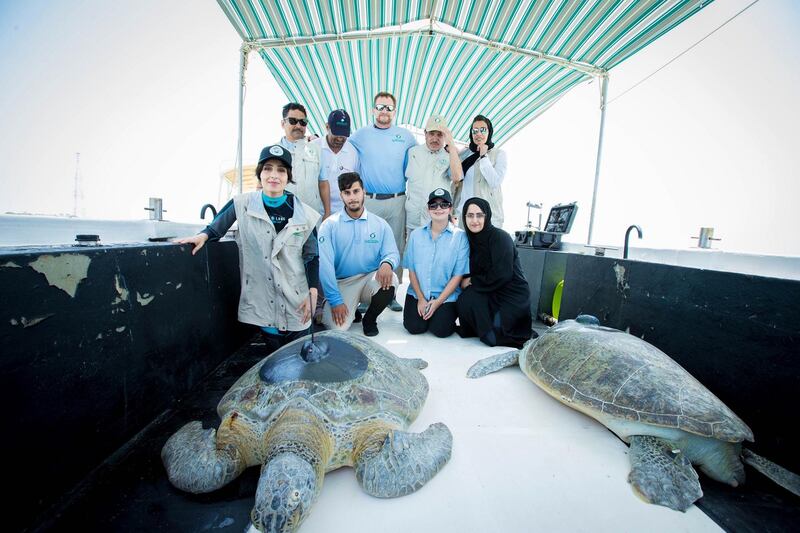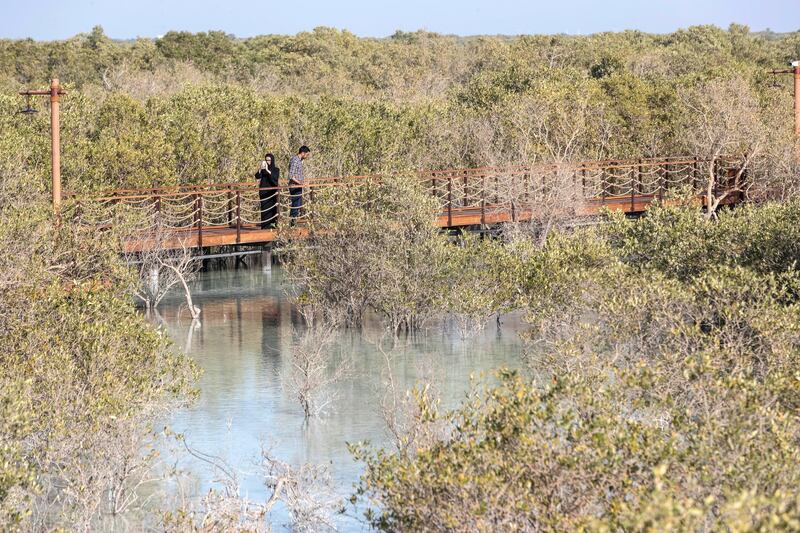A plant-based diet, reduction in food waste and land conservation are urgently needed to stop biodiversity loss before the year 2100.
With the world's species disappearing at a rate unprecedented in human history, a new study published in the journal Nature asked: is it possible to halt global biodiversity loss and still provide food for the world's population?
The answer is yes but it will take “immediate efforts” and “unprecedented ambition and co-ordination”.
Changes must be made at both a state and individual level.
“This study shows the world may still be able to stabilise and reverse the loss of nature,” said Mike Barrett, a co-author of the study and director of science and conservation at World Wildlife Fund-UK.
“But to have any chance of doing that as early as 2030 we will need to make transformational changes in the way we produce and consume food as well as bolder, more ambitious conservation efforts.
“If we don’t do this, and continue with business as usual, we will end up with a planet that cannot support current and future generations of people.”
Strong conservation programmes protecting 40 per cent of the world's land must be matched by large-scale efforts to restore degraded areas. Otherwise, biodiversity loss can be slowed but will not stop.
Secondly, a reduction in food waste, a shift to sustainable food trade and the adoption of plant-based diets, which have a lower environmental impact, will be integral to saving the planet’s species.
The study was led by the International Institute for Applied Systems Analysis, an independent research institution based out of Vienna.
Every day, up to 150 species disappear from our planet, it said.
Changes in land and sea use are the top contributor to this mass extinction, followed by species exploitation, climate change, pollution and invasive alien species.
More than a third of the world’s land surface and three quarters of its freshwater resources are dedicated to crop or livestock production, according to a United Nations study last year.
Agriculture crop production has increased three times since 1970, raw timber harvest has almost doubled and urban areas have almost doubled since 1992.
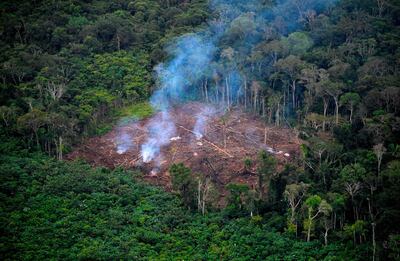
However, climate change could soon override land use as the largest threat to biodiversity.
“If unmitigated, emerging threats to biodiversity such as climate change and biological invasions may become as important as land-use change – the largest biodiversity threat to date – in the future,” said Andy Purvis, professor at Imperial College London and researcher at the National History Museum in the UK.
The study has relevance for the UAE, where the population swelled from 5.6 million to 9.1 million between 2006 and 2017.
Abu Dhabi has witnessed firsthand how conservation bolsters food security, said Ahmed Al Hashmi, acting director of terrestrial and marine biodiversity at Environment Agency Abu Dhabi.
The introduction of new fishing laws, an increase in marine protected areas and a ban on non-sustainable fishing practices raised fish stock levels within a few years.
“When we talk about food in UAE, an increase in protected areas means we protect more fish and that means more food security,” he said. “There is no conflict between our food needs and increasing the range of protected areas.”
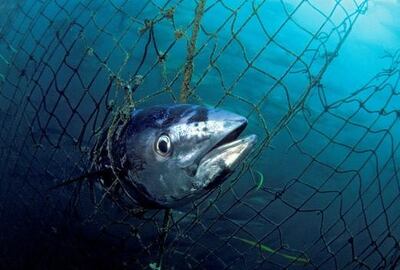
The emirate has designated 15 per cent of its sea and land as protected areas, and plans to expand to this to 21 per cent by 2025.
Individuals also have the power to effect change. In developed countries, about 40 per cent of food waste happens at the consumer and retail level.
The average person in the Emirates wastes 197 kilograms of food each year, more than double the figure for Europe.
Mariam Al Mheiri, the former Minister of State for Food Security, identified food waste as an issue of national security costing the country Dh13 billion a year.
A culture of ostentatious hospitality, in both homes and hotels, has contributed to the national food waste crisis, although safety measures rolled out for the Covid-19 pandemic could spell the end of the ubiquitous hotel buffet.
The new study supports a growing body of literature highlighting the advantages of a plant-based diet.
A 2018 study, published in the journal Science, found 100 grams of protein from beef requires up to 370 square metres of land and produces the equivalent of up to 105 kg of carbon dioxide. By contrast, 100 grams of protein plant can use one square metre of land and produces as little as 0.3 kg of carbon dioxide.
